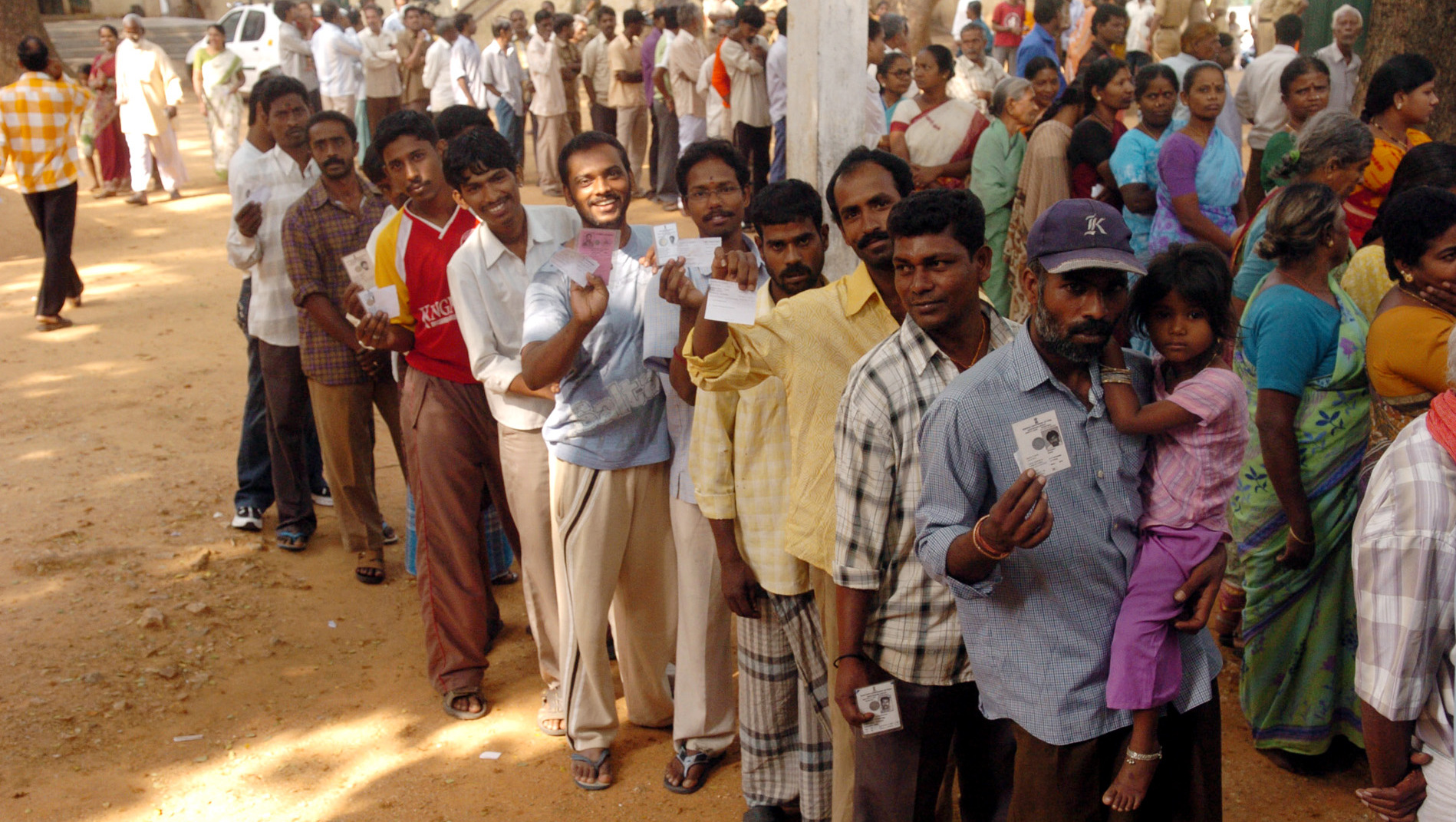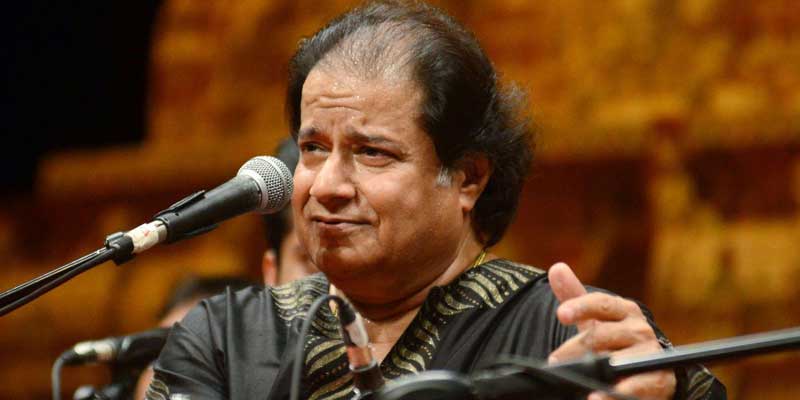Supreme Court’s four verdicts have prompted debates by touching critical aspects of elections- from credentials to criminal background of contenders to the right of voters.
The combined attempt of four historic rulings delivered by India’s apex court in a period of 80 days has prompted a huge argument by touching critical aspects of elections- from credentials to criminal background of contenders to the right of balloters.
The Supreme Court’s centre of attention in these verdicts was the voter.
The first judgment came on an appeal filed by a lawyer. Much to the embarrassment of the political fraternity, the bench ruled that if a lawmaker or legislator has been found guilty in a grave crime and punished to two years imprisonment or more, he/she would lose his/her seat with immediate effect.
Through this ruling, the court took away the support offered by Section 8(4) of the Representation of People Act that permitted politicians to keep their seats intact if they appealed in a higher court within three months of the declaration of their conviction and sentence order.
The bill to quash the verdict was introduced in a parliamentary standing committee following differences between the ruling government and the opposition. Amusingly, the government lost endurance and took the ordinance route to dodge the apex court’s order only to be criticized by the Congress vice-president and apparent PM candidate of the party, Rahul Gandhi.
But the political fraternity was undivided in taking quick measures to invalidate the other ruling that had barred arrested persons from contending elections. Political leaders felt this ruling would provide a handle to ruling dispensation to take into custody the probable winners from opposition on the eve of filing nomination to ban them from the polls.
In another imperative verdict, the court declared that no individual can contest elections without making a complete and candid disclosure about his/her assets and educational and unlawful background. And in the latest one, SC granted the fundamental right to cast a negative vote to balloters, telling parties that none of the candidates is worthy of votes.





